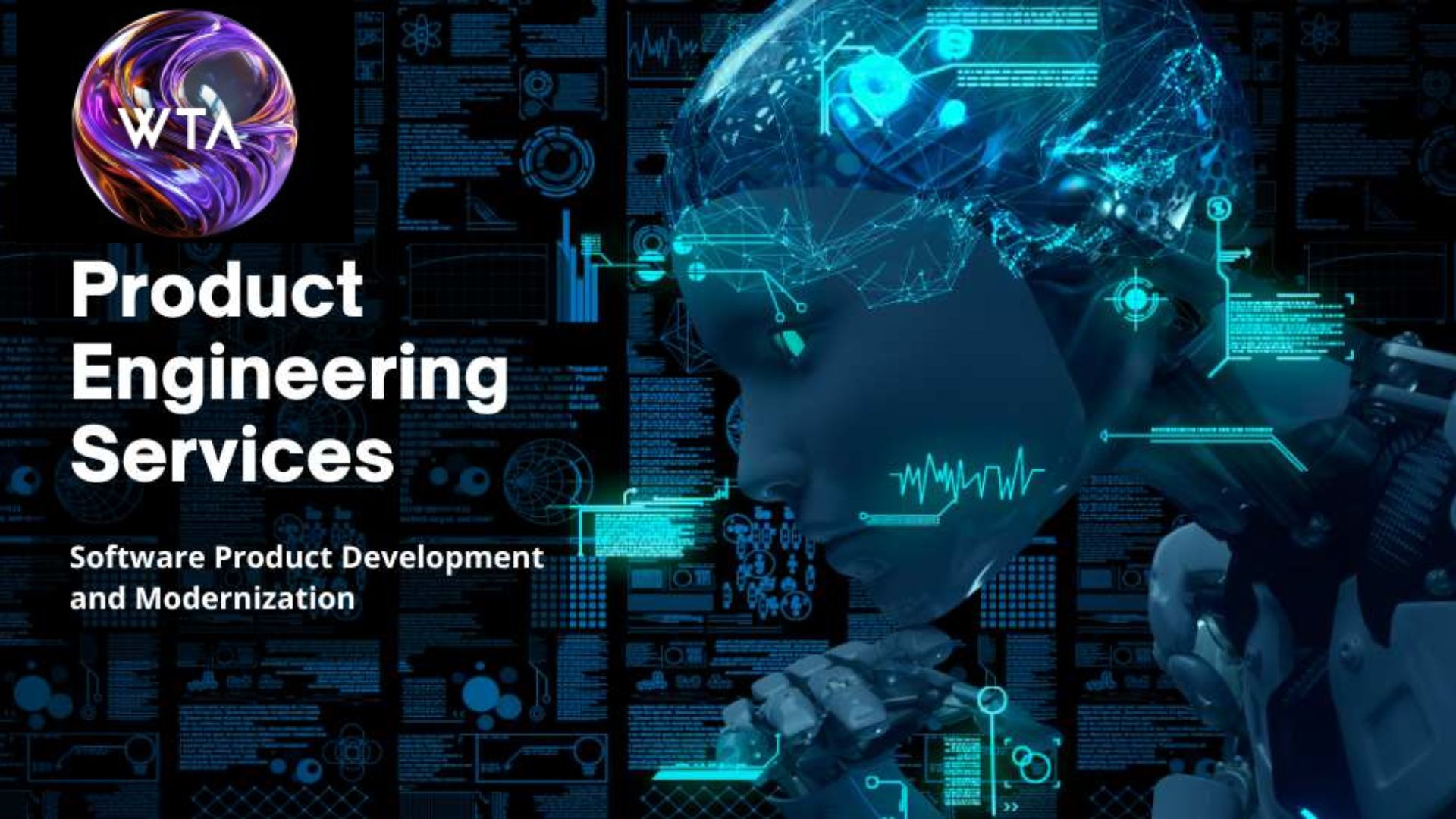-
Feed de notícias
- EXPLORAR
-
Páginas
-
Grupos
-
Eventos
-
Blogs
-
Marketplace
-
Offers
-
Jobs
-
Fóruns
The Role of AI in Transforming Product Engineering Services

The integration of Artificial Intelligence (AI) into various industries has sparked significant changes in how products are designed, developed, and delivered. In the realm of product engineering, AI is proving to be a game-changer, helping companies optimize operations, improve efficiency, and innovate at an unprecedented pace. As organizations continue to explore new ways of integrating AI into their workflows, its influence on product engineering services has become more pronounced, offering numerous benefits.
AI in Product Design and Conceptualization
Product design is the first step in the engineering process, and AI is making this stage faster, more accurate, and more creative. With the advent of AI-driven tools, designers now have access to software that can generate multiple design prototypes based on specific parameters. This capability allows engineers to explore a wider range of design possibilities in less time, ensuring that the best solutions are chosen for development.
Machine learning algorithms can analyze vast amounts of data, such as consumer preferences, market trends, and existing product features, to help inform design decisions. This not only shortens the design process but also ensures that products are more aligned with consumer needs and industry trends. By automating repetitive tasks such as drafting and layout, AI gives engineers more time to focus on creative and complex aspects of design.
AI in Simulation and Prototyping
Once a design is conceptualized, testing and prototyping become essential steps in the product development cycle. Traditionally, this phase would involve the creation of physical prototypes, which could be time-consuming and costly. However, AI-powered simulation tools are now changing this dynamic. These tools can simulate the performance of a product under various conditions, allowing engineers to test and refine designs without needing to create multiple physical prototypes.
Through AI-driven simulations, companies can identify potential flaws early in the development process. This proactive approach to testing not only reduces costs but also shortens the overall time to market. Additionally, AI can continuously learn from each simulation, improving the accuracy of future tests and speeding up the iteration process.
AI-Powered Automation in Manufacturing
AI's influence is not limited to the design and prototyping stages; it extends to manufacturing as well. In traditional manufacturing processes, human workers were responsible for many tasks, from quality checks to assembly. However, with the introduction of AI-driven automation, many of these tasks are now performed by intelligent machines and robots.
AI-powered robots can handle repetitive tasks with high precision, leading to fewer errors and higher product quality. Additionally, AI systems can monitor production lines in real time, detecting any anomalies or inefficiencies. These systems can then make adjustments on the fly, ensuring that production continues smoothly. By integrating AI into manufacturing, companies can significantly reduce costs while maintaining the highest quality standards.
AI in Predictive Maintenance and Quality Control
Another area where AI is transforming product engineering services is in predictive maintenance and quality control. In a traditional manufacturing environment, equipment failures could lead to expensive downtime and delays in production. With AI-powered predictive maintenance, companies can anticipate equipment failures before they happen, minimizing downtime and reducing the need for costly repairs.
AI is also enhancing quality control by analyzing products for defects. Machine learning algorithms can detect even the smallest irregularities, ensuring that products meet the required standards before they are shipped out. This combination of predictive maintenance and quality control ensures that products are consistently delivered with the highest quality.
Conclusion
In conclusion, AI is rapidly transforming the way product engineering services are carried out. By improving product design, streamlining prototyping, automating manufacturing, and enhancing maintenance and quality control, AI is helping companies create innovative products more efficiently. As AI technology continues to advance, its role in product engineering will only grow, making it an essential tool for any product engineering services company looking to stay competitive in the market.
We are excited to announce the **launch of the Sharkbow Marketplace!** 🎉 Now you can:
- 🛍️ List and sell your products – Open your own store easily.
- 📦 Manage orders effortlessly – Track sales and communicate with buyers.
- 🚀 Reach thousands of buyers – Expand your business with ease.
Start selling today and grow your online business on Sharkbow! 🛒
Open Your Store 🚀 ✖🚀 What Can You Do on Sharkbow?
Sharkbow.com gives you endless possibilities! Explore these powerful features and start creating today:
- 📝 Create Posts – Share your thoughts with the world.
- 🎬 Create Reels – Short videos that capture big moments.
- 📺 Create Watch Videos – Upload long-form content for your audience.
- 📝 Write Blogs – Share stories, insights, and experiences.
- 🛍️ Sell Products – Launch and manage your online store.
- 📣 Create Pages – Build your brand, business, or project.
- 🎉 Create Events – Plan and promote your upcoming events.
- 👥 Create Groups – Connect and build communities.
- ⏳ Create Stories – Share 24-hour disappearing updates.
Join Sharkbow today and make the most out of these features! 🚀
Start Creating Now 🚀- Art
- Causes
- Crafts
- Dance
- Drinks
- Film
- Fitness
- Food
- Jogos
- Gardening
- Health
- Início
- Literature
- Music
- Networking
- Outro
- Party
- Religion
- Shopping
- Sports
- Theater
- Wellness
